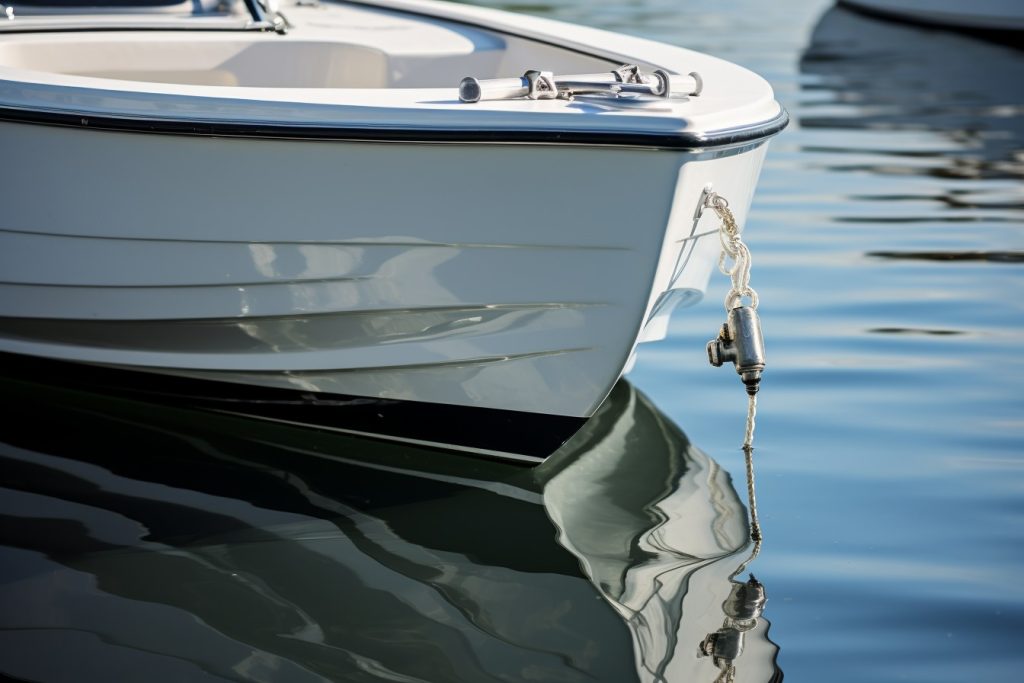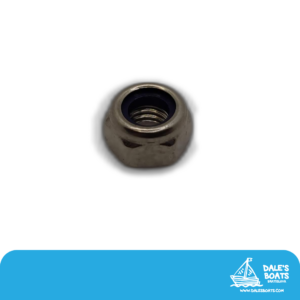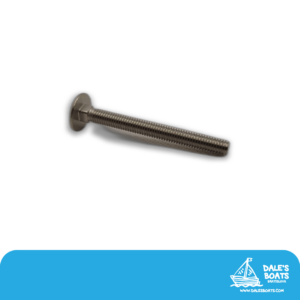Marine Metal Hardware: An Extensive Guide to Materials and Their Applications

Hello, marine enthusiasts! For today’s deep dive, we are going to chart a course through the vast ocean of metal hardware used in boat construction and maintenance. Our compass will point us towards the top materials – Marine Grade Aluminium and AISI 304 and 316 stainless steel. We’ll anchor into their differences, advantages, and optimal uses, particularly in fresh and saltwater conditions.
Understanding the importance of these materials, from your hinges to your latches, is crucial for keeping your boat both sea-worthy and sleek. So, without any further ado, let’s set sail!
Anchoring on the Basics: Importance of Boat Hardware
Your boat’s durability, functionality, and aesthetics hinge on the quality of its hardware. A variety of metal components, including but not limited to hinges, latches, cleats, handles, fasteners, and screws, hold your ship together. They must withstand varying environmental conditions and physical stress.
The quality and type of these metallic soldiers greatly influence the boat’s resilience against corrosion, structural integrity, and overall lifespan. So, choosing the right materials is not just a matter of aesthetics but a crucial decision impacting safety and durability.
Marine Grade Aluminium: The Trusty First Mate
Marine Grade Aluminium is a favorite among boat builders, standing tall with its lightweight nature and strong resistance to corrosion, especially in saltwater environments. While there are several grades available, we’re focusing on the most prevalent ones: 5052, 5083, and 6061.
Marine Grade 5052
Boasting excellent corrosion resistance, good workability, and high fatigue strength, 5052 is often used in less structural boat hardware, such as hinges, handles, and latches. Its good formability makes it easy to shape into various configurations, offering flexibility in design.
Marine Grade 5083
This aluminium grade, rich in magnesium, presents superior strength, retaining its toughness even in extreme marine conditions. If your hardware requires substantial strength—like hull plates or gangplanks—5083 should be your go-to choice.
Marine Grade 6061
The jack-of-all-trades in the marine aluminium world, 6061 offers good formability, weldability, and corrosion resistance. It’s a favorite for deck fittings, boat hulls, and applications where welding is required.
AISI 304 and 316 Stainless Steel: The Sturdy Skipper
Stainless steel, particularly AISI 304 and 316, is another popular choice for marine hardware. Let’s delve deeper into these grades and why they hold a prominent position in marine applications.
AISI 304 Stainless Steel
Known as 18/8 stainless steel due to its composition of 18% chromium and 8% nickel, AISI 304 offers excellent formability and weldability. Its general corrosion resistance makes it suitable for less critical hardware like screws, bolts, and small deck fittings in less corrosive environments.
AISI 316 Stainless Steel
Also known as ‘marine grade’ stainless steel, AISI 316 incorporates 2-3% molybdenum, greatly improving its resistance to chlorides (read: saltwater). It is, therefore, the preferred choice for hardware exposed to harsh sea conditions, such as anchor chains, propeller shafts, and cleats.
Choosing Your Mate: A Matter of Environment
Despite the high marine standards of all the materials above, the specific operating conditions of your boat can tip the scales. Let’s evaluate the options based on the nature of the waters your boat will traverse.
Freshwater Applications
If your boat is bound for freshwater lakes, both AISI 304 stainless steel and Marine Grade Aluminium 5052 are excellent choices. They offer enough corrosion resistance and strength for most freshwater applications, including fasteners, hinges, and latches.
Saltwater Applications
In contrast, for boats venturing into salty sea waters, AISI 316 stainless steel or Marine Grade Aluminium 5083 should be your top picks. Their high resistance to the corrosive effects of saltwater ensures long-lasting durability and reliable performance, essential for sea-going vessels.
Anchoring your Decision: Cost and Maintenance
While the operating environment and hardware type play a significant role in your choice, other factors like cost and maintenance need consideration. AISI 316, while superior in corrosion resistance, is more costly than AISI 304 and most marine grade aluminium types.
Additionally, regular inspections and maintenance are required to ensure the prolonged life and performance of all these materials. Regular cleaning, proper storage, and immediate repair of any visible damages can help keep your boat in ship-shape.
Concluding our Voyage
The choice of material for your boat hardware isn’t a one-size-fits-all decision. It depends on a variety of factors including your budget, operating environment, and specific hardware requirements. Having a clear understanding of Marine Grade Aluminium and AISI 304 and 316 stainless steel can help you make the right decision.
Remember, your boat is only as strong as its weakest link. Ensuring each piece of hardware, from the smallest latch to the largest hinge, is up to par can mean the difference between smooth sailing and stormy seas.
Keep your boat strong, safe, and sailing with the right metal hardware!
-

M6 Stainless Steel Lock Nut
€0.21Out of stockRead more -

M6 x 60mm Stainless Steel Coach Bolt
€0.78Out of stockRead more


